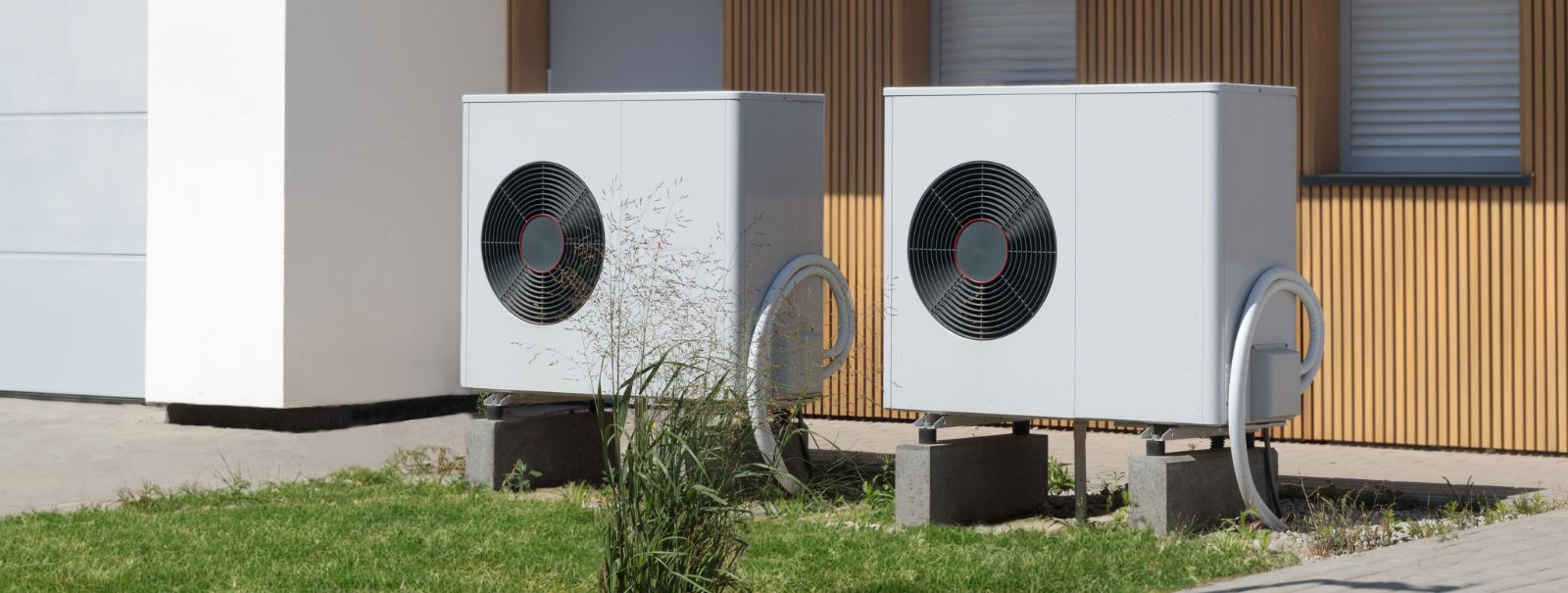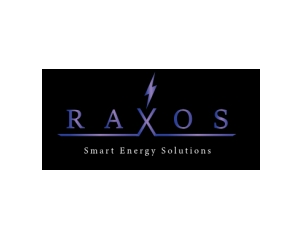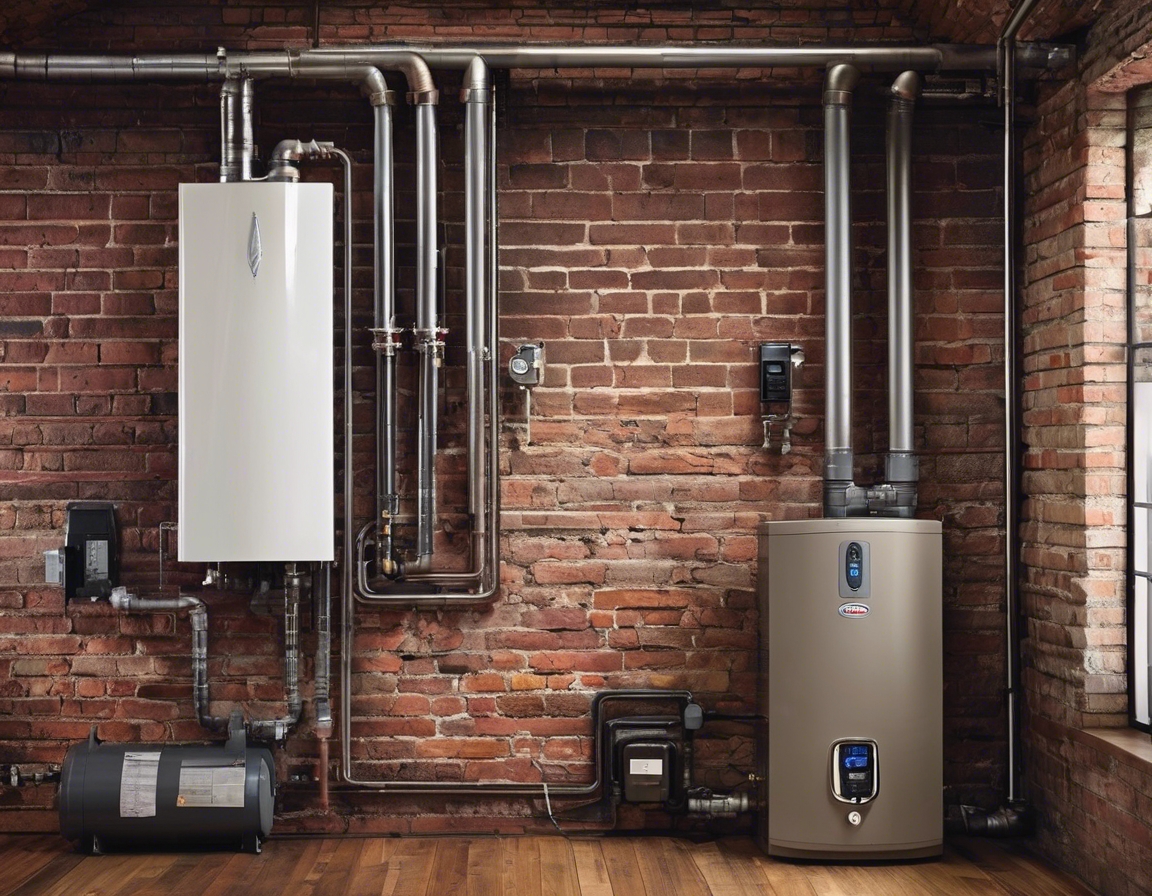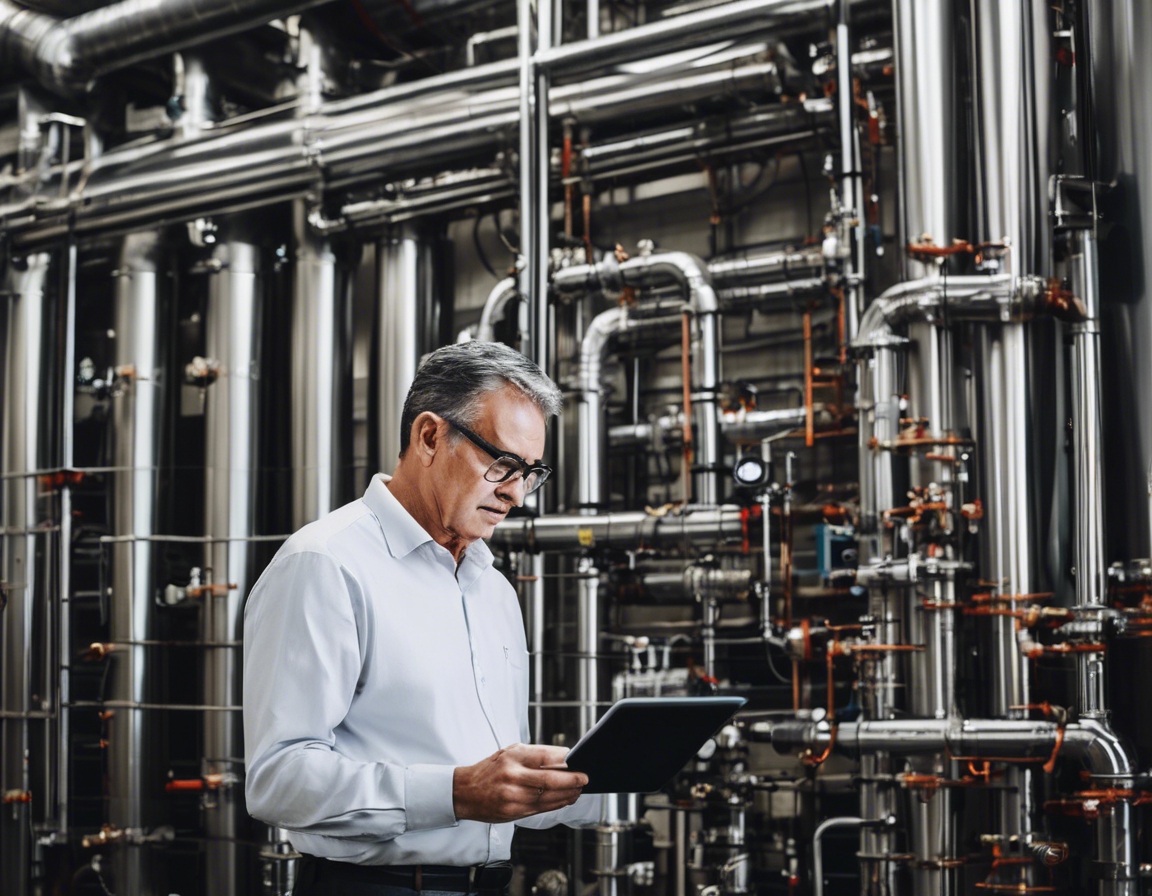Heat pumps are innovative devices that transfer heat from one place to another, providing both heating and cooling solutions. Unlike traditional heating systems that generate heat, heat pumps move heat, making them highly efficient.There are several types of heat pumps, including air-source, ground-source (geothermal), and water-source heat pumps. Each type has its unique advantages and is suitable for different environments and needs.
Energy Efficiency and Cost Savings
Heat pumps are renowned for their energy efficiency. By transferring heat rather than generating it, they use significantly less energy, which can lead to substantial savings on energy bills.While the initial investment in a heat pump may be higher than traditional systems, the long-term savings on energy costs and the potential increase in property value make them a cost-effective choice.Environmental Impact
Heat pumps contribute to a reduction in carbon emissions by using renewable energy sources. This makes them an excellent choice for environmentally conscious homeowners and businesses.By reducing reliance on fossil fuels, heat pumps play a crucial role in promoting sustainable living and helping to combat climate change.Versatility and Year-Round Comfort
One of the standout features of heat pumps is their ability to provide both heating and cooling, ensuring comfort throughout the year.Heat pumps are versatile and can be used effectively in various climates, making them a suitable option for many regions.Low Maintenance and Longevity
Heat pumps require less maintenance compared to traditional heating systems, which can save time and money over the lifespan of the unit.With proper care, heat pumps can last for 15-20 years, providing reliable service and peace of mind.Enhanced Indoor Air Quality
Heat pumps improve indoor air quality by filtering out pollutants and controlling humidity levels, creating a healthier living environment.By maintaining optimal air quality, heat pumps can help reduce respiratory issues and allergies, contributing to overall well-being.Government Incentives and Rebates
Many governments offer incentives and rebates to encourage the installation of energy-efficient systems like heat pumps.Homeowners and businesses can significantly reduce the cost of installation by taking advantage of these financial programs.Expert Installation and Support
Professional installation ensures that the heat pump operates efficiently and safely, maximizing its benefits.RAXOS OÜ provides expert installation and ongoing support, ensuring that your heat pump system continues to perform optimally.Contact RAXOS OÜ today to discover how a heat pump can transform your home or business into an energy-efficient haven!






Comments (0)